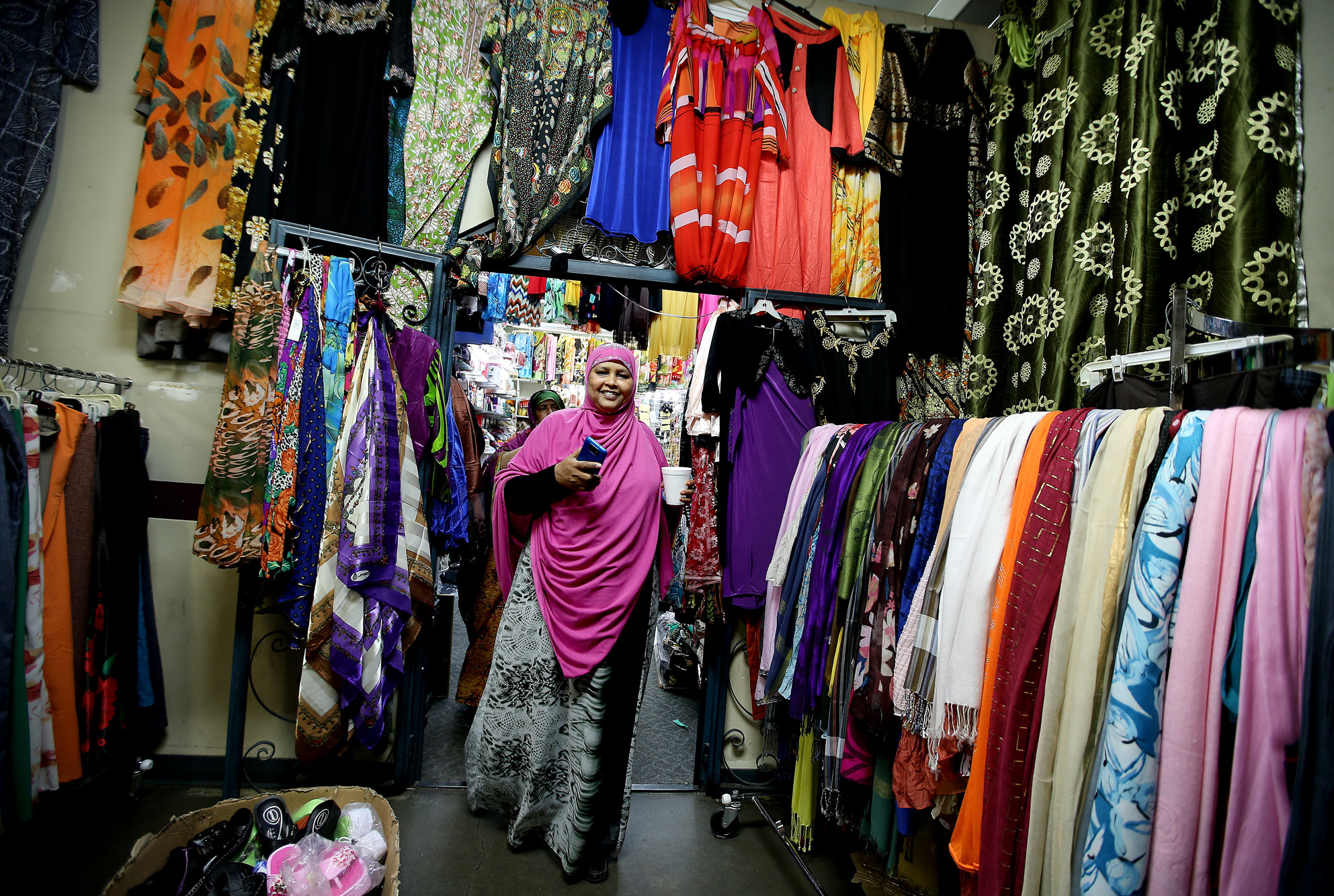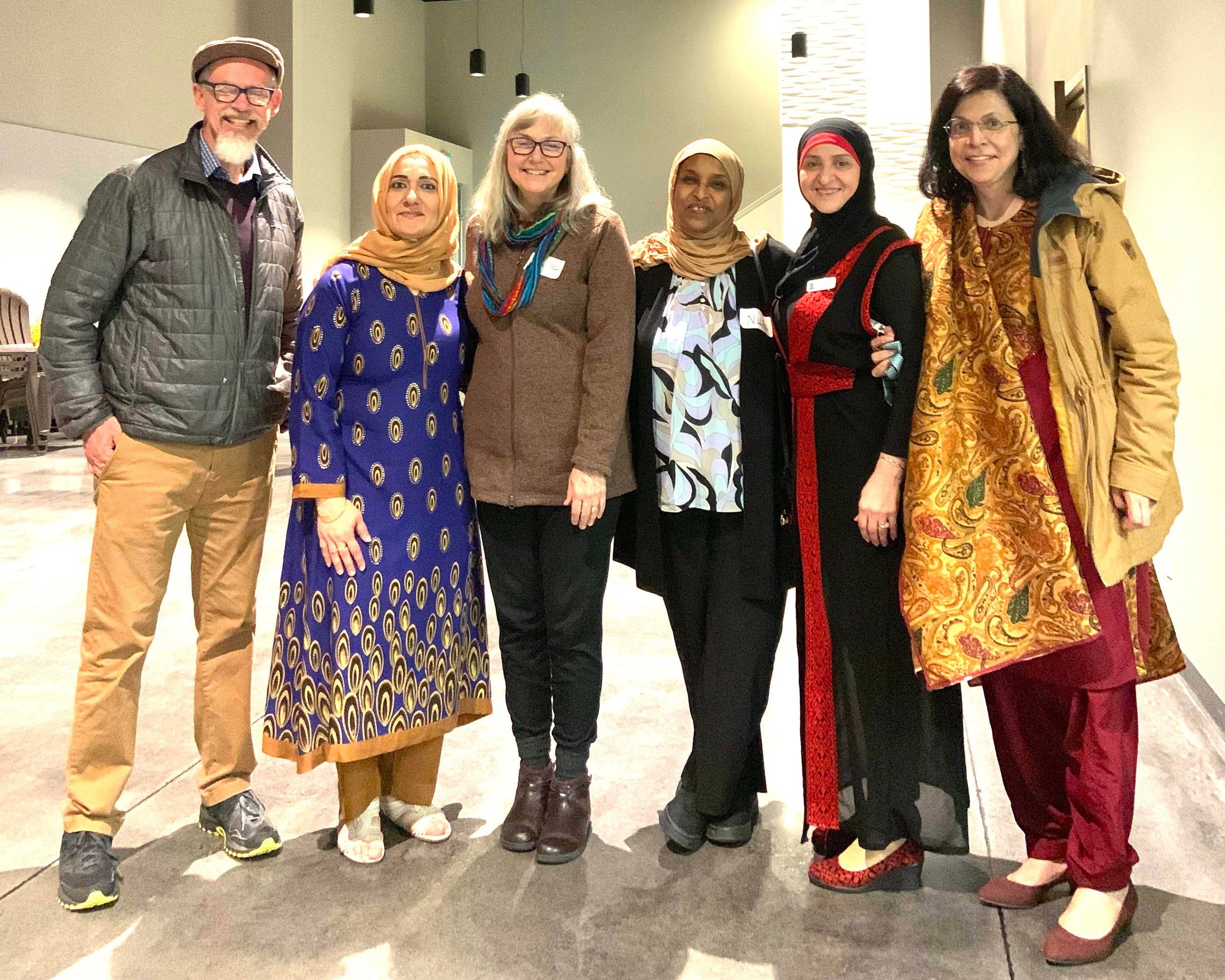Shopping at Target and a Lesson in Peacemaking
by Rebecca Brown
Have you ever gone into Target and questioned whether you belonged? While holding up a pair of jeans, have you wondered, “How am I supposed to know if these fit?” because you didn’t know about the fitting rooms? Have you been acutely aware of your hairstyle or skin color while walking up and down the aisles?
If not, it’s likely you were born here in the States, you’re white, and you’re middle class.
Last week I went to an great place called the Global Mall. It’s like the Somali version of Target. Walking into the Mall it looks like it’s going to be one big store (like Target) but it’s not: It’s dozens of stores, set up like stalls in a market. There are gorgeous, ornate dresses lining the walls and hanging twelve feet up and middle-eastern style super-sectional couches with tassels on them. The cafe inside serves amazing tea, but in the mornings it’s filled with only women and in the evenings it’s filled with only men.
That’s why, when I went to the Global Mall for a Peace Feast dinner, I felt incredibly uncomfortable. “I definitely don’t belong here,” I thought as my ponytailed self looked around at all the conservatively-covered Muslim women hurrying to and fro running errands (definitely not sitting down to eat). And while I adored the clothes, I wouldn’t know how to actually buy a dress—nothing has a price tag and there were no fitting rooms that I could see.
Even though peacemaking is literally my job, cross-cultural anything is tough... even for me. When I do something in a new culture I run into all kinds of surprising things that unsettle me.
But as I began to think about the Somali community in Columbus, I realized it’s likely many of the Somali women would feel the same level of unease shopping at Target as I feel shopping at the Global Mall. This realization was profound: there are tens of thousands of people in my own city who feel uncomfortable when they leave home. Every time.
Culture is something we live in—like a fish breathing in the water—it’s not something we think about, it’s just what comes naturally. We don’t realize we are in a "cultural" situation because it’s our own culture.
When I was at the Cafe, an older gentleman came up to me and with his awesome East African accent he chatted about my precious kids. “Me and my friend over there,” he said, gesturing across the cafe, “are so glad you brought your kids. We count it a blessing.” This gesture of welcome—a moment of small talk—changed my perception of the entire cafe filled with Somali men. I didn’t feel unwelcome or nervous any more; I felt appreciated and interesting.
Jesus teaches me to do to other people what I would have them do to me. When I’m a minority in the sea of another culture, I appreciate small gestures of welcome. So when I notice people from a culture other than mine (the dominant culture), I plan to walk over, say hello, and make a little small talk.











